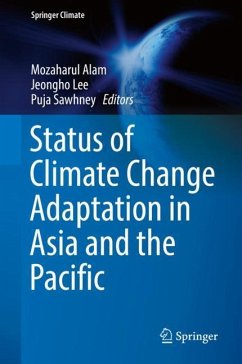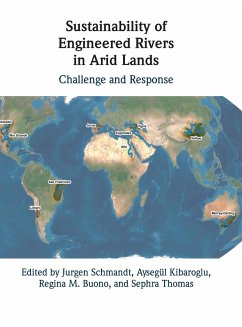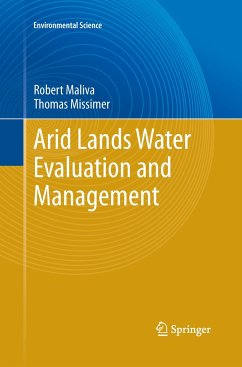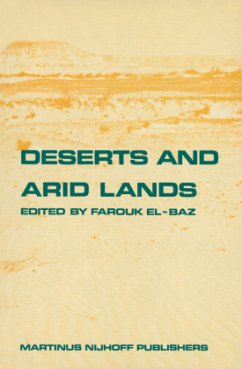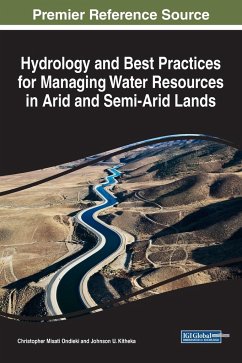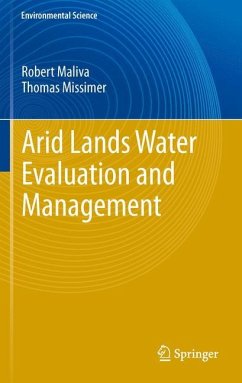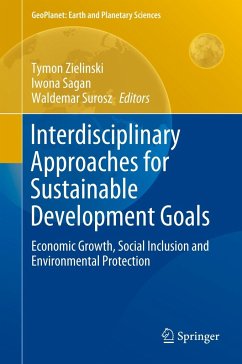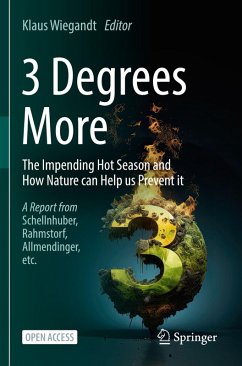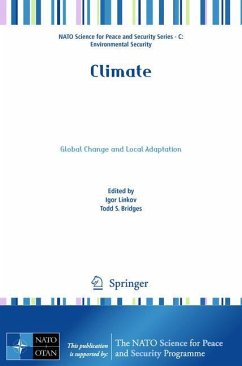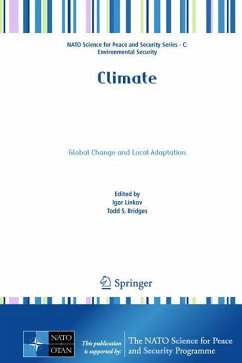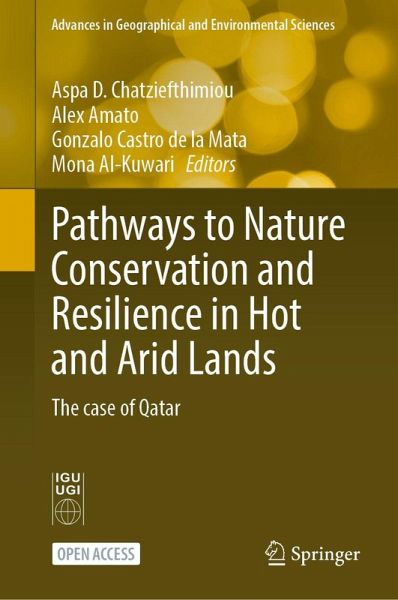
Pathways to Nature Conservation and Resilience in Hot and Arid Lands
The case of Qatar
Herausgeber: Chatziefthimiou, Aspa D.; Al-Kuwari, Mona; de la Mata, Gonzalo castro; Amato, Alex
Versandkostenfrei!
Erscheint vorauss. 12. April 2026
42,99 €
inkl. MwSt.

PAYBACK Punkte
21 °P sammeln!
Climate change and biodiversity loss are among the most pressing challenges of the Anthropocene, affecting all Earth systems and demanding both global and local responses. Local ecosystems, with their unique characteristics, are often best understood through the lived knowledge of their communities. In the open-access book Pathways to Nature Conservation and Resilience in Hot and Arid Lands: The Case of Qatar, an interdisciplinary team offers a comprehensive analysis of Qatar’s ecosystems and their future trajectories. The book identifies strengths, challenges, and knowledge gaps, and presen...
Climate change and biodiversity loss are among the most pressing challenges of the Anthropocene, affecting all Earth systems and demanding both global and local responses. Local ecosystems, with their unique characteristics, are often best understood through the lived knowledge of their communities. In the open-access book Pathways to Nature Conservation and Resilience in Hot and Arid Lands: The Case of Qatar, an interdisciplinary team offers a comprehensive analysis of Qatar’s ecosystems and their future trajectories. The book identifies strengths, challenges, and knowledge gaps, and presents a roadmap for embedding nature conservation into Qatar’s national sustainability strategy through a multi-sectoral lens. Combining literature review and original research, the study explores Qatar’s natural and human-made habitats, shaped by geological, hydrological, and climatic forces. Climate projections illustrate potential ecosystem changes by century’s end. The book also emphasizes the role of education in fostering sustainability and outlines a transition from tourism to ecotourism to engage stakeholders. It highlights gaps in managing Qatar’s natural capital and proposes solutions rooted in environmental law, ethics, and economics. As the first comprehensive report on Qatar’s ecosystems, it examines the drivers and stakeholders shaping their stewardship and offers actionable recommendations. The roadmap provides clear steps and stakeholder roles for evidence-based policies in climate adaptation, biodiversity conservation, and sustainability. While focused on Qatar, its insights are relevant to arid regions globally, contributing to broader efforts in dryland conservation.



